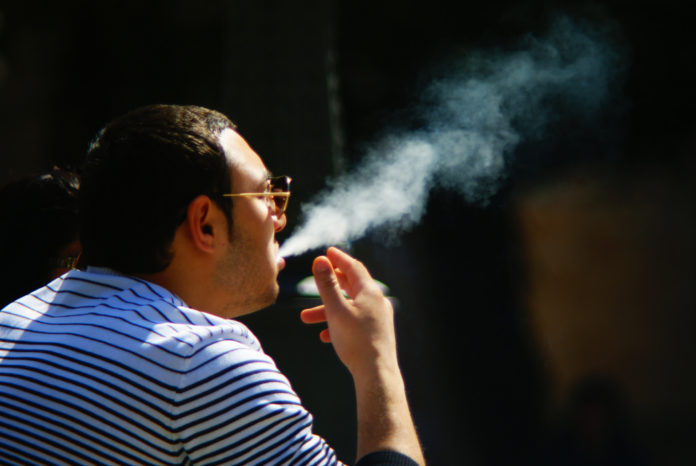India made Hepatitis B a part of its universal immunisation basket in 2014
It has been almost three and half years that India made hepatitis B vaccine a part of its universal immunisation programme after the countrywide rollout of pentavalent vaccine in November 2014.
For a country with an estimated Hepatitis B burden of 50 million, many of them “clinically silent” the gains will start showing in some time. However it is also a fact that needs to be publicised that there are, in every population, some “non-responders” to Hep B.
A lowdown:
How does Hepatitis B spread?
Hepatitis B is a virus and spreads through blood and body fluids like semen, vaginal fluid. Common modes of spread include unprotected sexual intercourse, transfusion of contaminated blood, pricks with infected instruments (mainly for health care workers), spread from an infected mother to her child in womb. The world over each year upto one million people die from hepatitis b induced diseases like cirrhosis of liver and liver cancer. But Hepatitis B is preventable by a three dose course of vaccine to be taken at 0, one and six months (zero being the day of the first dose). It can also be taken subsequently as an adult – which is when the issue of lack of response usually crops up.
Indeed, hepatitis B vaccination has reduced rates of infection in countries where the disease is widespread.
What is the percentage of non-responders?
Some reports suggest that 5 to 10 % of all people who receive vaccine may be non responders. Non-responders by definition are a group of people who do not develop protection against hep B even after a full course of vaccination. The worse part though is that many among this group of people may remain completely unaware of this fact. Awareness is crucial because Hep B often spreads through high risk behaviour. Research has shown that chronic smokers are more likely to be non responders, so are obese people, males and people who receive the vaccine after the age of 50 years.
Can a non-responder be identified before the infection strikes?
Yes. There is an easy way to find out if the vaccine shots have been effective. This can be done by measuring the anti HBs antibody levels in blood 4 – 6 weeks after completing the course of vaccines. It measures the protection generated by the vaccine. A second course of vaccine has been shown to be efficacious in developing protection in people who failed to develop protection after the first course. Still , it is necessary to be aware of one’s status of protection against hepatitis B after receiving a full course of vaccines so that one can avoid the common modes of spread of virus- unprotected sexual intercourse and through contaminated blood and keep oneself safe.


